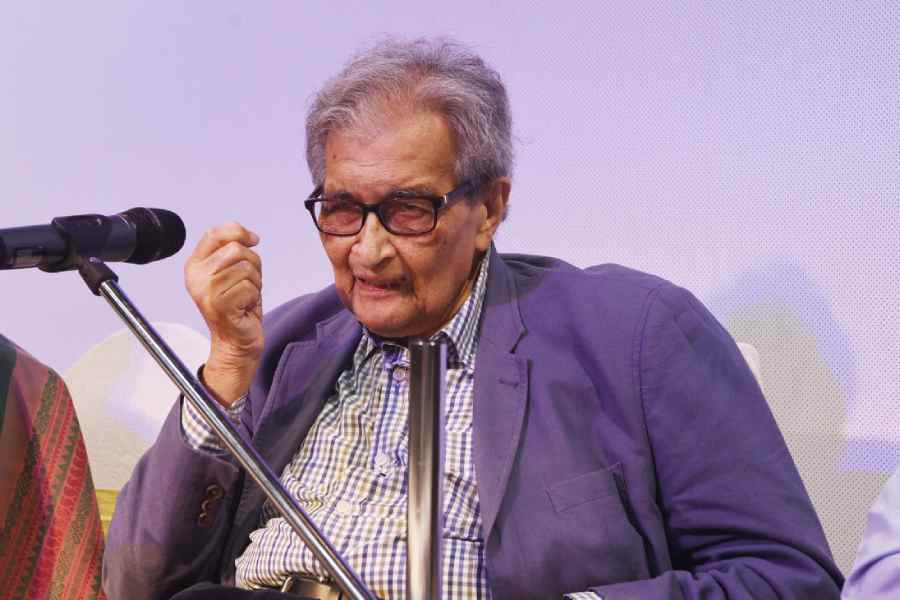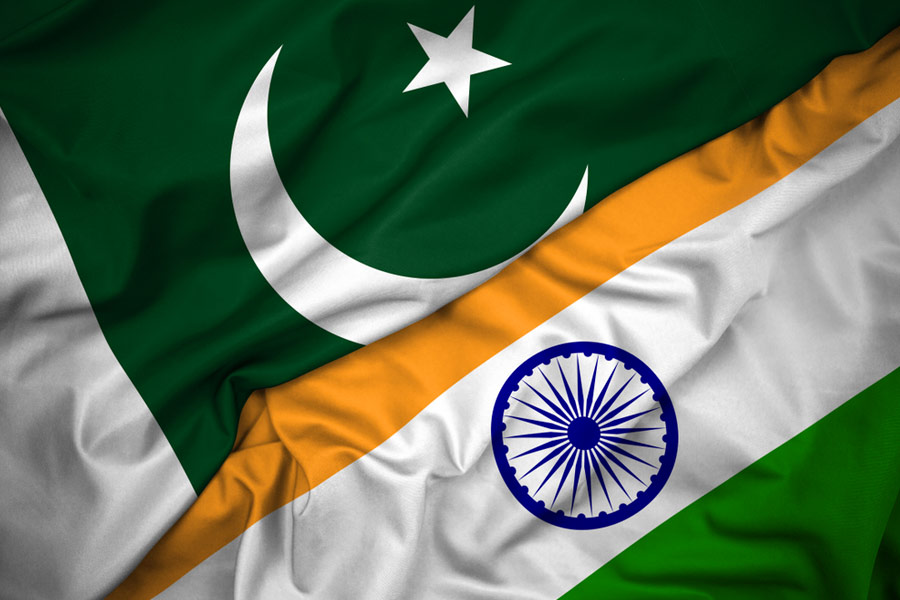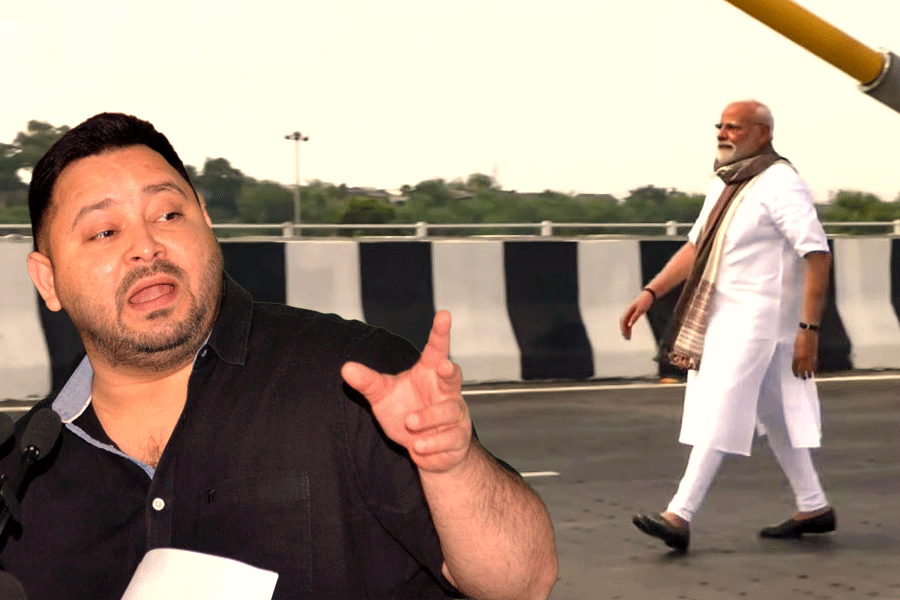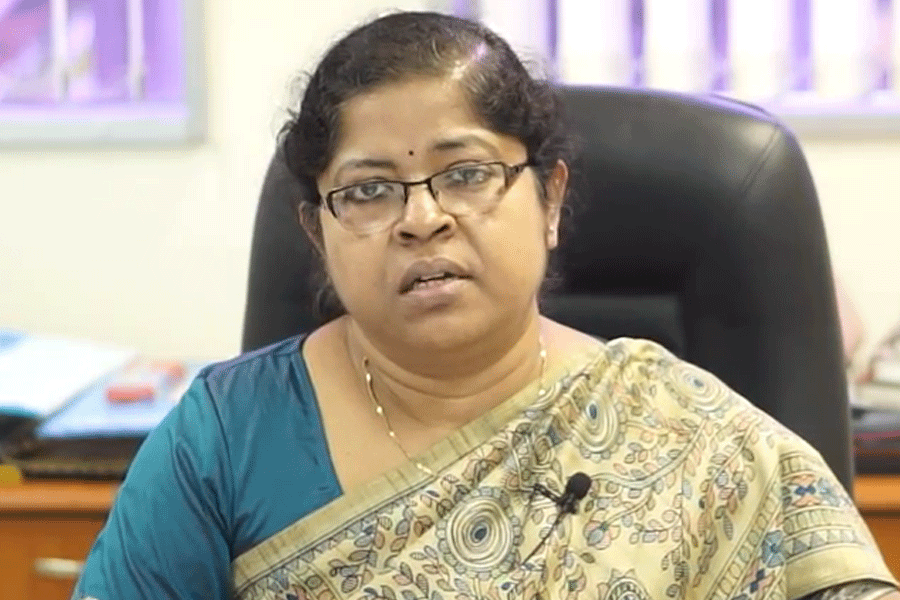
Her previous book, Sleeping on Jupiter, got her longlisted for the Man Booker Prize 2015, and writing her latest one took her to the heart of Bali. For Anuradha Roy, who lives in Ranikhet, every novel is a new adventure. All The Lives We Never Lived traces the life of a female artist Gayatri Rozario — who chooses art and travel over her family and home in the 1930s, leaving behind a string of broken hearts and lives — and a large part of the story is told through letters that Gayatri writes from Bali. t2 caught up with Roy over an email chat.
What made you write All The Lives We Never Lived?
The novel was written for the reason that I write all my novels: a few characters came to me as fragments, voices, ideas. The whole writing process is one of coming closer to them. It is as if they already exist somewhere and I have to find a way to make their living, breathing world palpable for readers.
Is any part of the novel autobiographical? The novel is replete with references to German painter Walter Spies. How has Spies’ works inspired you?
Walter Spies is one of the main characters in the book. He was a fascinating character, a genius of a kind, who was an equally brilliant pianist, painter, linguist. He was a wealthy German, fabulously well-connected, but he left it all and worked his way to Java on a ship in the early 1920s. He was entranced by Bali and lived there till his death.
I first encountered Spies’ work at a museum in Bali and among other things, I found that he had met Rabindranath Tagore, who went to Bali in 1927. My novel imagines, in part, what might have been had Spies made it to India as he had dreamed of doing: he wanted to write a book on Indian dance and learn Sanskrit and Hindi. That was never to be. He died when he was being sent as a prisoner of war (ironically, to India) on a ship that was sunk by Japanese bombs.
How long did the research take? What was the most interesting place you travelled to, to capture the protagonist Gayatri’s journey and subsequent struggle?
Every novel has to be researched, and so did this one — but I am not interested in making a fetish out of it. I want, first of all, to write a book about characters who interest me and to create a fictional world that is alive. I do not follow all the facts. Characters from history are fictionalised here, including Rabindranath. For example, though he did go to Southeast Asia for three months, he did not meet a girl called Gayatri on his ship. Neither did Spies ever come to India. Yet these events are part of the fictional world of the novel.
Primarily to get a sense of the landscape and atmosphere, I travelled to places in Bali which had special meaning for Walter Spies. The moment when I stood outside Spies’ home in Iseh and looked at Mount Agung, a volcano he must have gazed at countless times across the paddy fields that lay between it and his home — this was very special. It was fascinating to see how the landscape and colours of Bali are transformed into magical, mesmeric images in his paintings.

Mixing nostalgia with history and infusing it with minute details of a small town — which part of it was most difficult?
I dislike nostalgia. It is a common misconception that any narrative set in the past is “nostalgic”. Nostalgia is a romantic yearning for the past and the perpetual, deluded sense that things were better “back then”. If anything, this novel shows that things were not remotely better before: the patterns of oppression, violence, meaningless death, parochialism that we see now existed just as strongly earlier. The world we think of as past is close to ours. There is the same striving for happiness in hostile surroundings, and similarly overwhelming forces of history can sweep everything aside.
Is Gayatri modelled on anyone in particular? A woman abandoning her love and family, including a nine-year-old, for art? Do you think Gayatri is that woman who will be judged even today?
She is not modelled on anyone, she came to me as a complete, sparkling, gifted, sometimes abrasive, sometimes contradictory woman who believes she has something that sets her apart. Many of the characters are fighting for freedom of different kinds, including freedom from colonial rule and Gayatri defies the accepted modes of defiance; what she is fighting for is not personal freedom to paint or picnic (as her husband thinks); she is struggling for the idea that you cannot be caged into giving your life to a version of freedom that belongs to someone else, however worthy that may be. But she knows her kind of freedom comes at a price, including being condemned by society and that is probably as true today.
Had you ever thought of ending her and her son’s story differently?
No, I had not.
One also ends up feeling sorry for Gayatri’s son, her husband Nek Chand, an ardent nationalist, her father-in-law and some other characters in the novel. What thoughts went behind shaping them?
What can be said of all the characters in this book is that they are complicated, flawed human beings. Writing a novel is equal parts imagination, intelligence, instinct and donkey work. It is impossible to pinpoint the particular thoughts that went into particular characters.

If writing a novel is a personal journey, how was this journey different from your previous ones?
It’s like learning how to write afresh each time because each book comes with its own set of problems. That is what makes it interesting and makes me want to write again after a book is finished. This is the reason why each of my books is very different from the one that came before.
Which book has been your favourite writing experience?
There are good and bad times with each one. I don’t think about it much once it is done. I know I enjoyed a lot of the writing of this book because it happened on a beautiful sea coast and because the research took me to interesting places and books.
Which author had inspired you the most and why?
There is no single author I can name (or blame). Books you read work on you in mysterious ways. I suppose over the years they become the compost from which all your writing springs.
Gayatri’s son, the storyteller, has something to look forward to by the end of the novel. What were your emotions when you finished the last chapter?
I felt relief.
KNOW ANURADHA
Which is your favourite writing corner?
I can write anywhere, as long as there is a desk big enough for some books and a laptop.
When do you write?
I try and get in a few hours before noon; if I get that, I can carry on all day, with breaks, till late evening.
What are your interests other than writing?
Dogs. Forests. Ceramics.
Do you follow a pattern when you plan your novels?
I make lots of notes but I don’t plan too much. I try and get a first draft done quite swiftly and then rework it numberless times.
As a probashi Bangali, have you felt ever felt uprooted?
I suppose you have to have roots in the first place in order to feel uprooted. I had none. My childhood was nomadic. My father was a field geologist, my mother followed him on most postings, so my brother and I spent our early years in tents in the wilderness. This has given me the lifelong ability to feel at home more or less anywhere — and nowhere.











